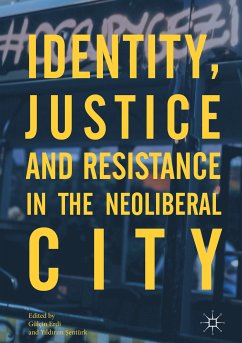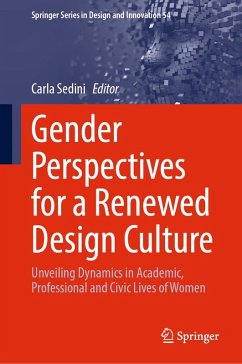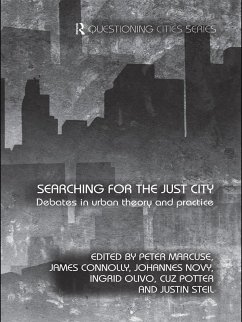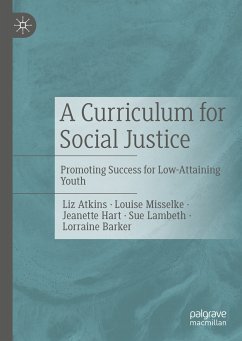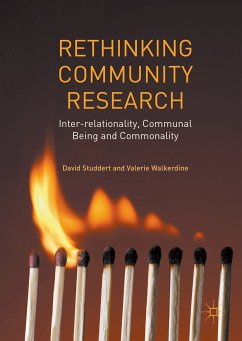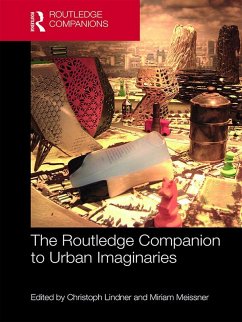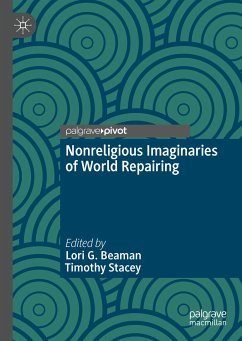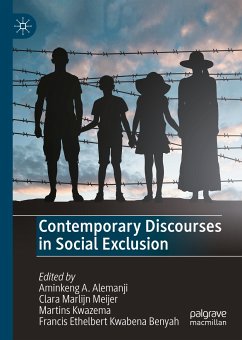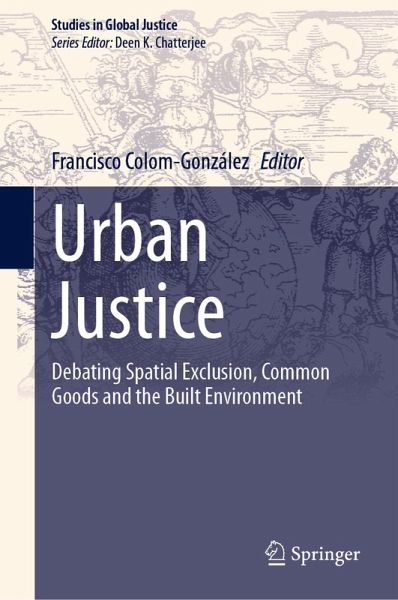
Urban Justice (eBook, PDF)
Debating Spatial Exclusion, Common Goods and the Built Environment
Redaktion: Colom-González, Francisco
Versandkostenfrei!
Sofort per Download lieferbar
104,95 €
inkl. MwSt.
Weitere Ausgaben:

PAYBACK Punkte
52 °P sammeln!
This book outlines an interdisciplinary normative framework that makes sense of the historical transformation of cities and helps to assess contemporary urban conditions and policies for the built environment. This normative framework is embedded in what the editor and authors have termed 'urban justice'. As is widely acknowledged, the urban condition has become the inescapable horizon of modern life. Urban relations now permeate the lives of the majority of the world's population. Even if urbanization as a global process seems to have reached its zenith, there is no end in sight to the growth...
This book outlines an interdisciplinary normative framework that makes sense of the historical transformation of cities and helps to assess contemporary urban conditions and policies for the built environment. This normative framework is embedded in what the editor and authors have termed 'urban justice'. As is widely acknowledged, the urban condition has become the inescapable horizon of modern life. Urban relations now permeate the lives of the majority of the world's population. Even if urbanization as a global process seems to have reached its zenith, there is no end in sight to the growth of cities. This is a fact that political theory must come to terms with when debating justice. To address this, this book is divided into three sections, each dealing with the spatial dimension of social agency, normative ideas about inclusive urban design, and contemporary processes that threaten to erode the urban fabric. In doing so, it helps one to normatively evaluate the spatial materialization of social relations in the city, so the view of urban habitat as a shared good becomes prominent. This book is of interest to scholars of urban studies, social sciences, political theory, and social philosophy, as well as those interested in contemporary urban processes in general.
Dieser Download kann aus rechtlichen Gründen nur mit Rechnungsadresse in A, B, BG, CY, CZ, D, DK, EW, E, FIN, F, GR, HR, H, IRL, I, LT, L, LR, M, NL, PL, P, R, S, SLO, SK ausgeliefert werden.



